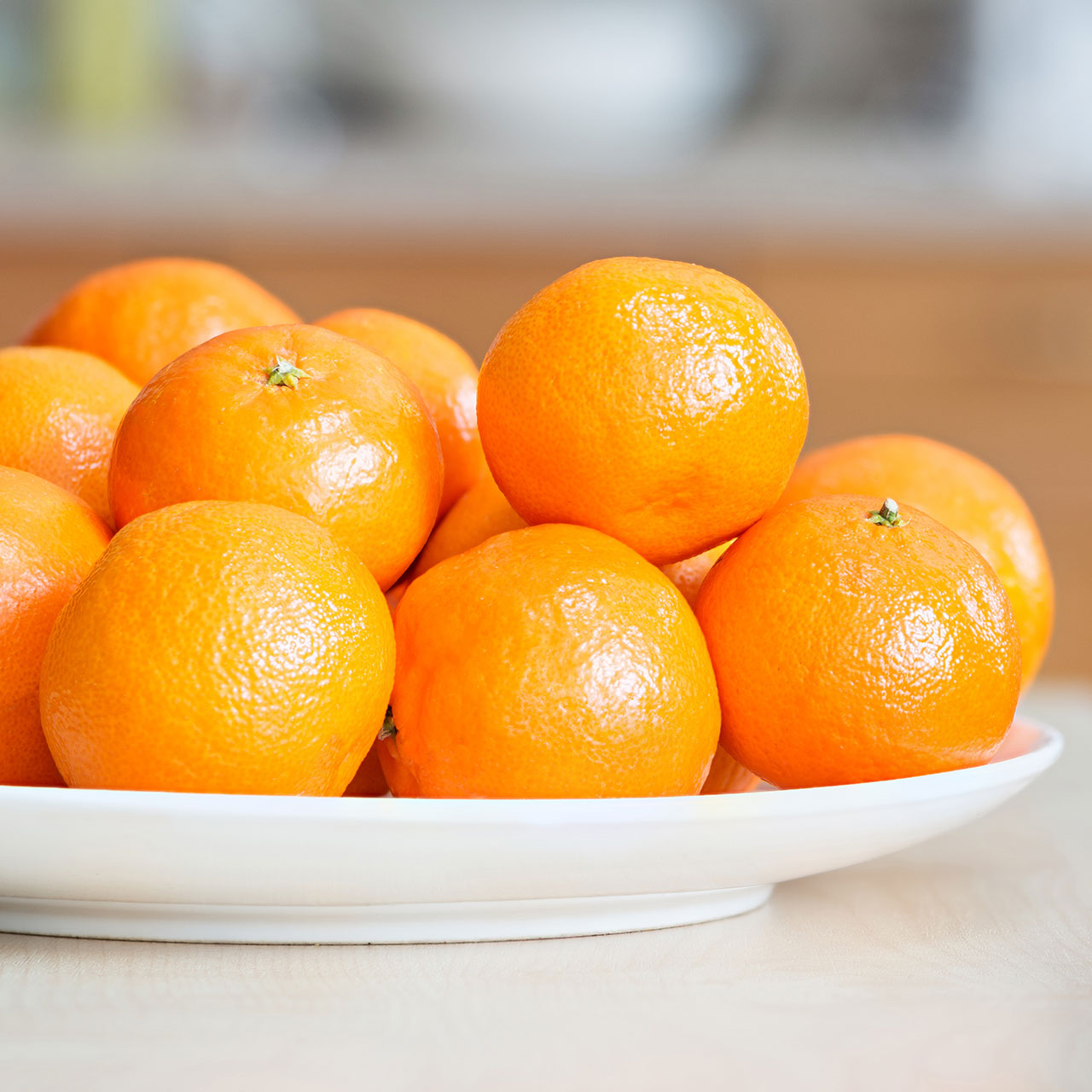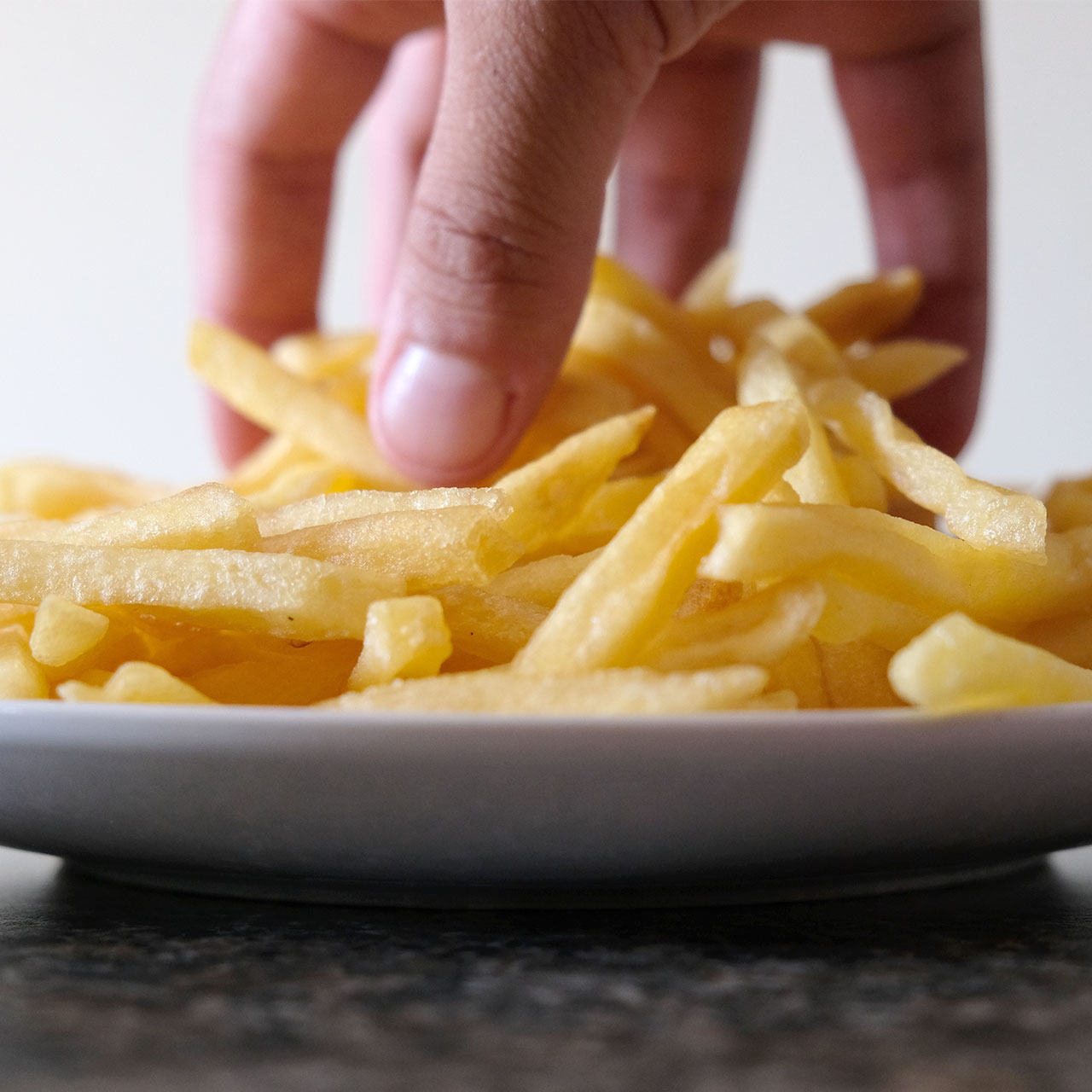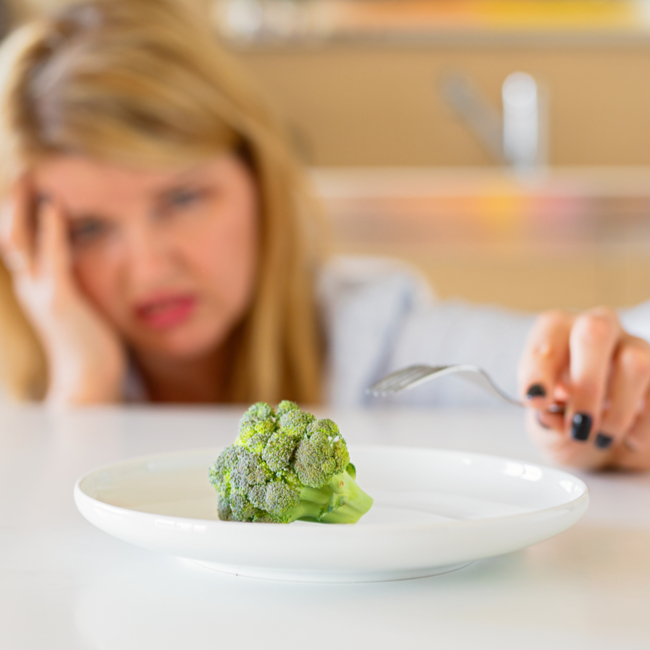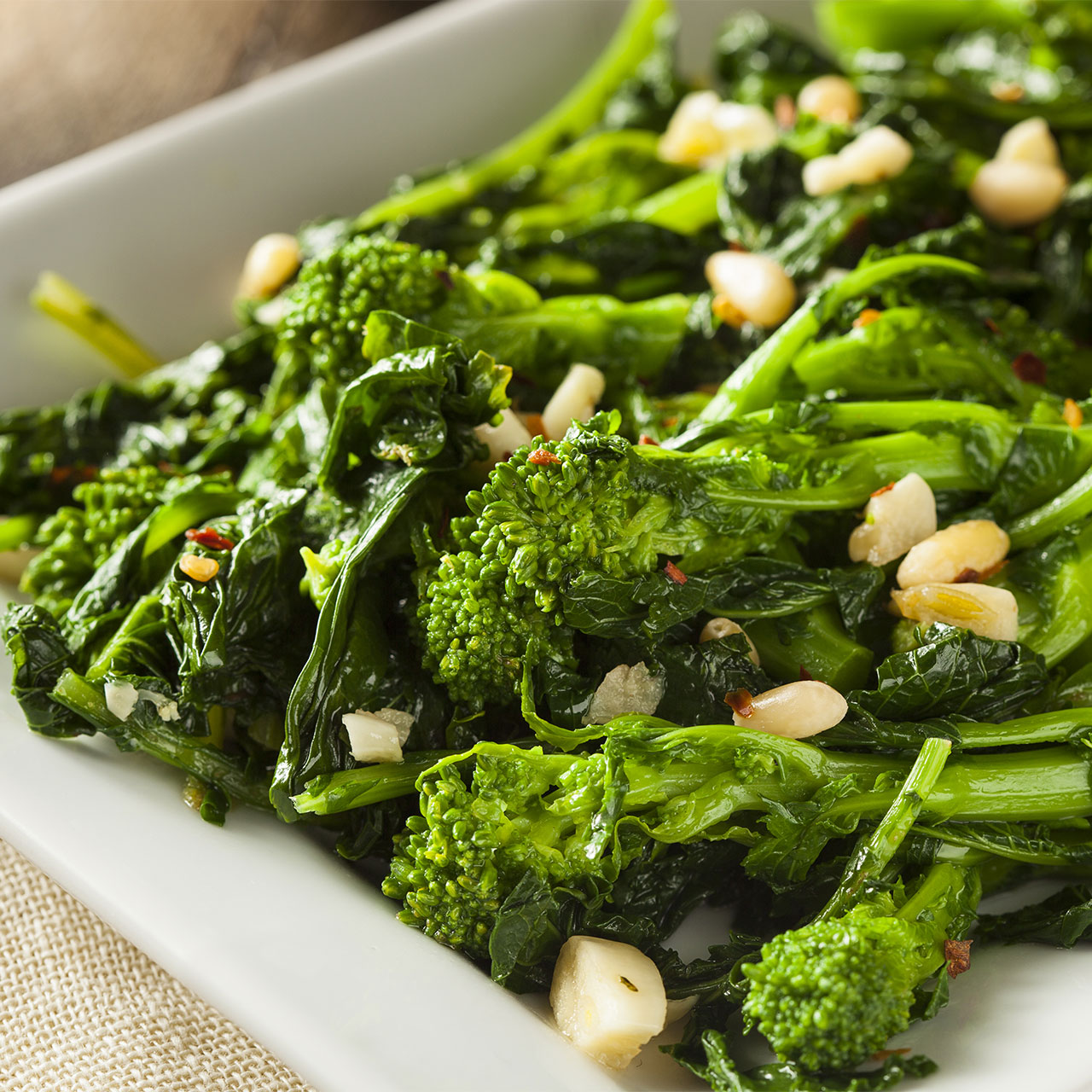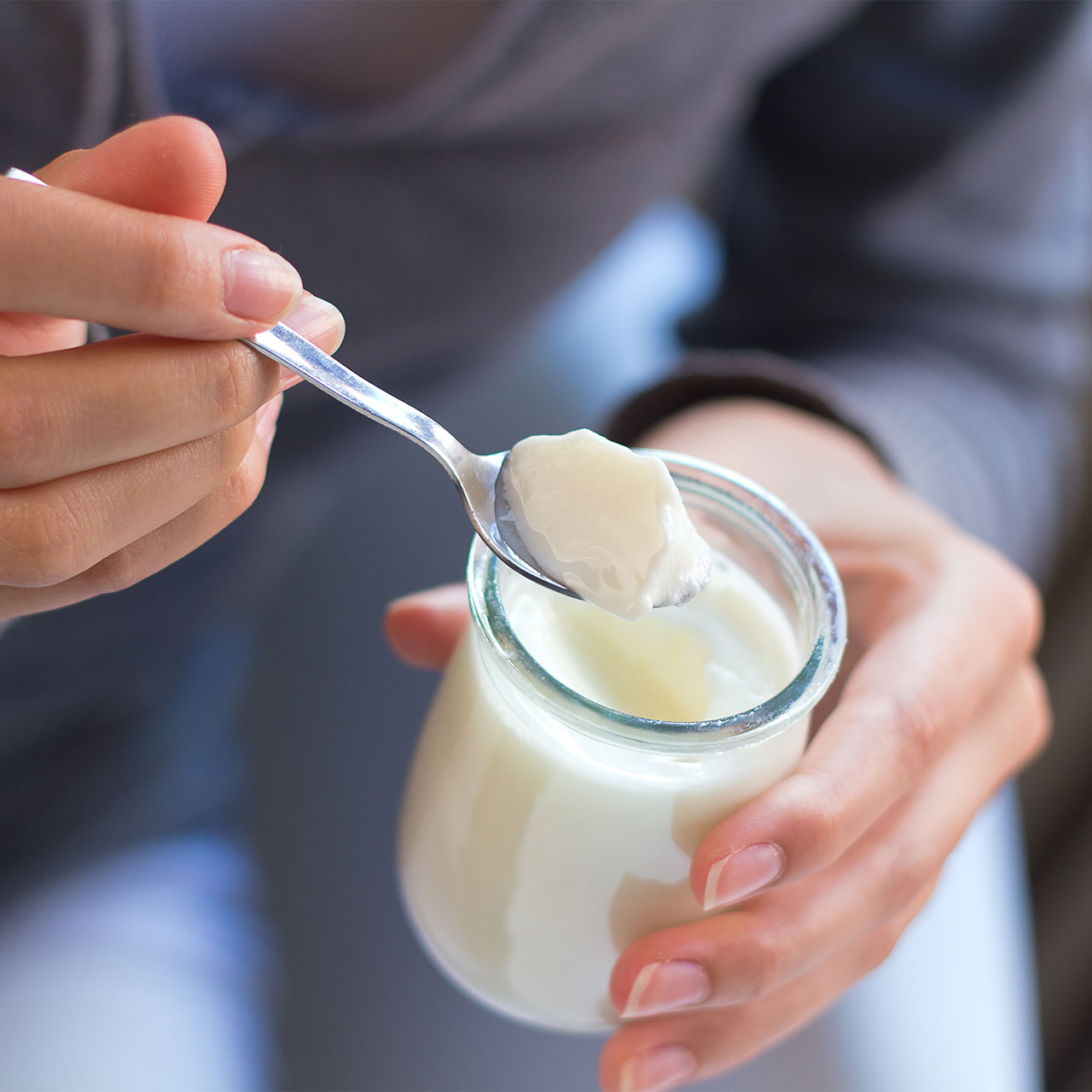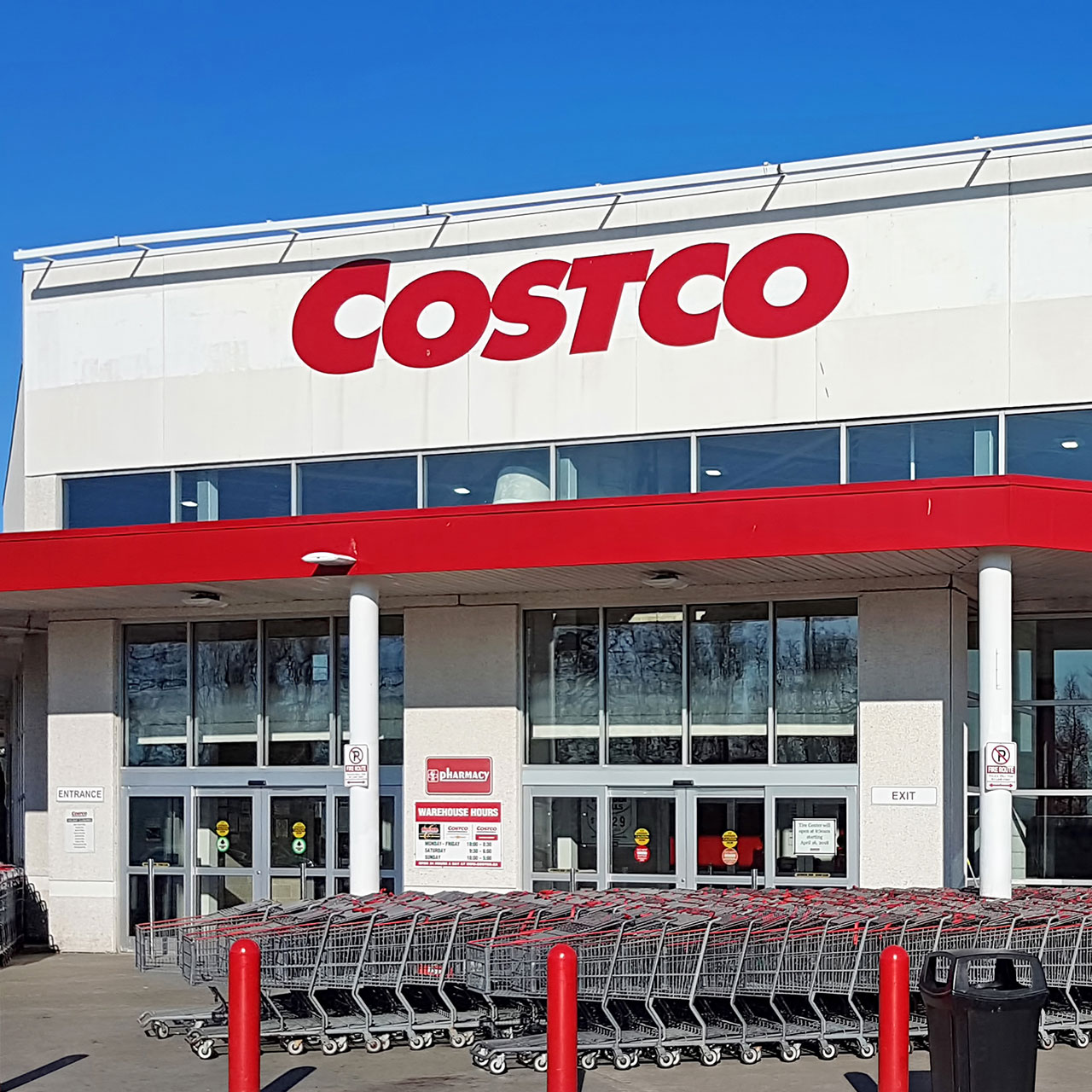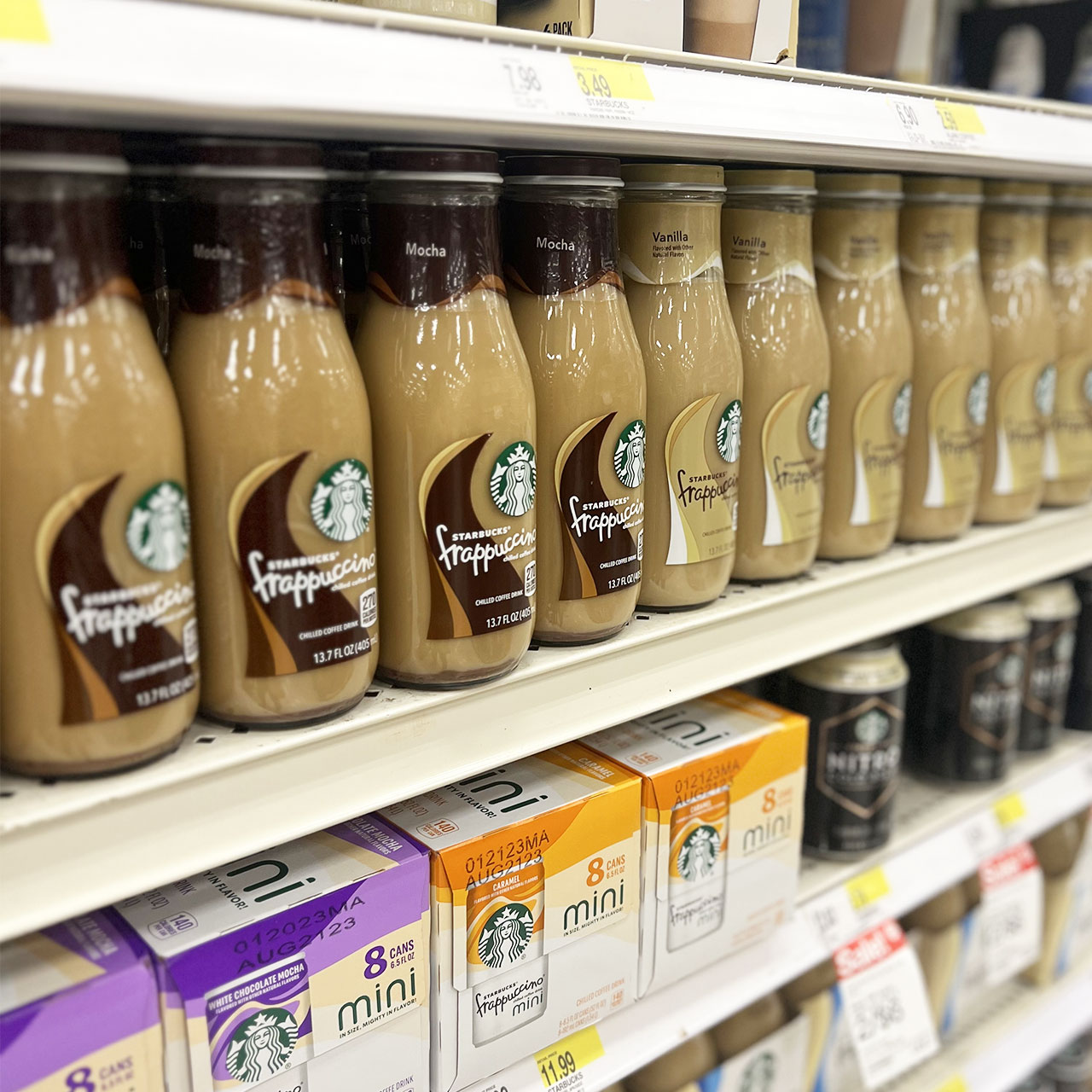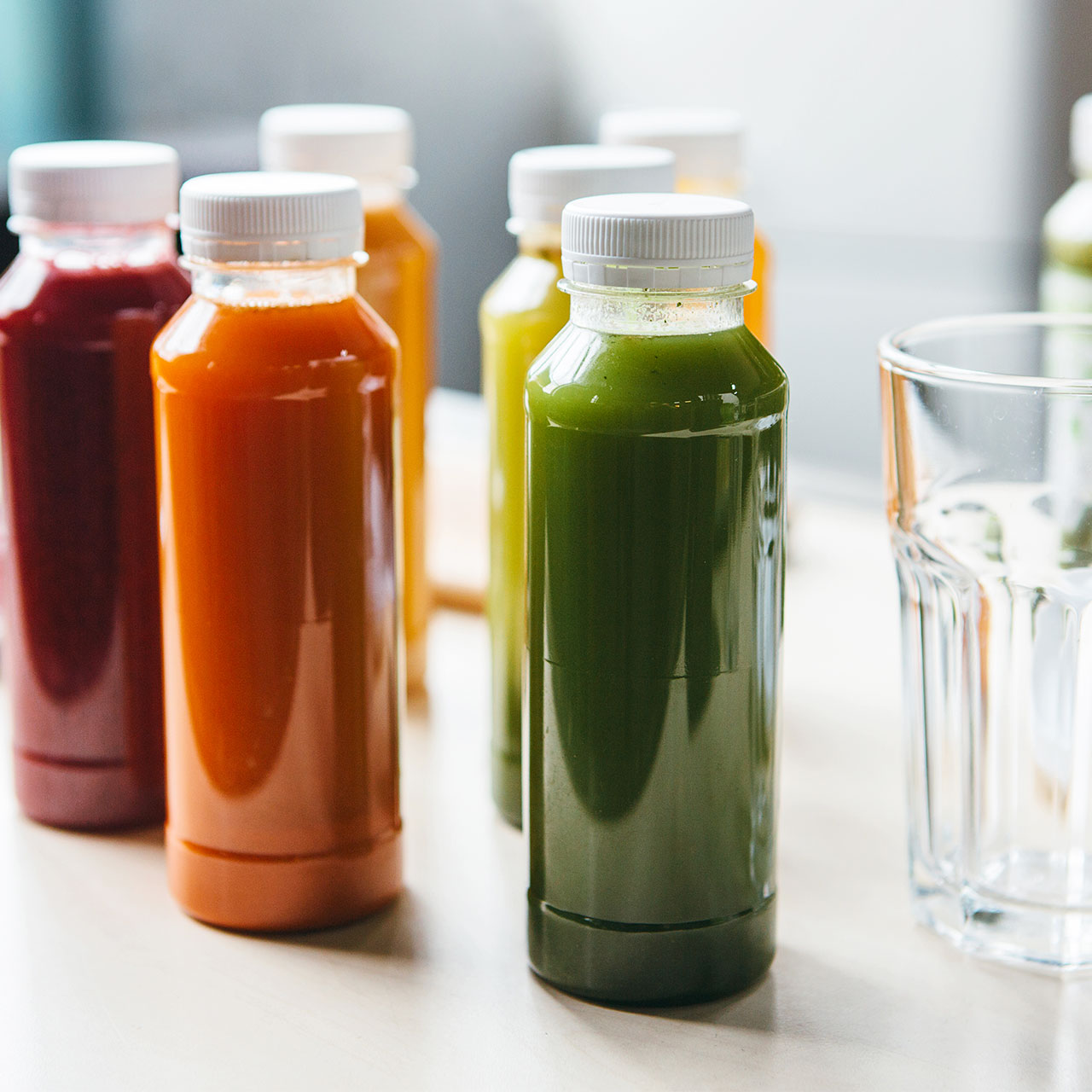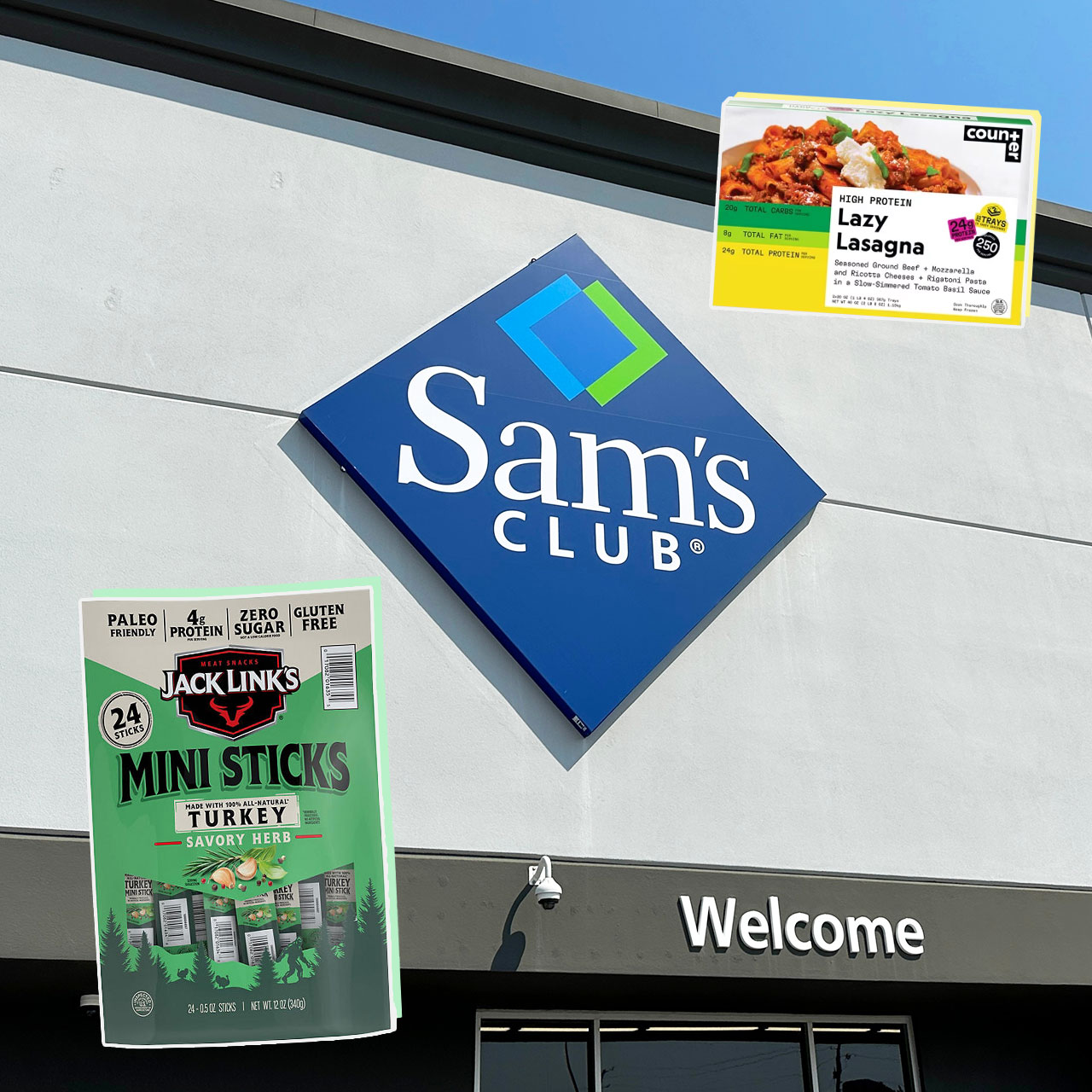Eating an ample amount of vegetables is key to any healthy diet for the many vitamins and nutrients they can provide. If you have been experiencing frequent bloating, it is vital to visit your doctor, but in the meantime beforehand, taking a closer look at what you eat daily can help you figure out what might be causing this. We checked in with health experts to find out if any vegetable types can worsen the (already painful) effects of bloating. Read on for tips and suggestions from registered dietitians Nataly Komova, RD and Dana Ellis Hunnes, PhD, MPH, RD, as well as registered nutritionists Lisa Richards, creator of The Candida Diet, and Jay Cowin, NNCP, RNT, RNC, CHN, CSNA.

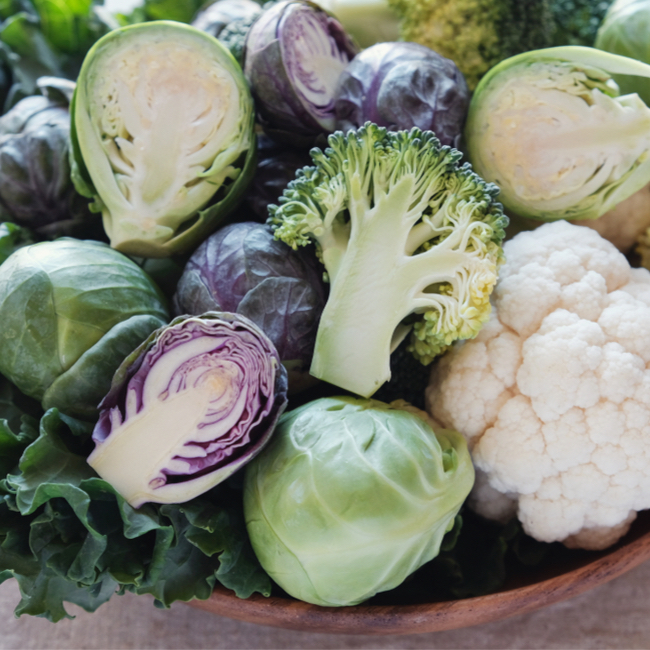
Why Cruciferous Vegetables Are Often Linked To Bloating
You may have heard of the term cruciferous when describing veggies that are part of the cabbage family. The most "commonly consumed" cruciferous vegetables, Richards says, include "broccoli, cauliflower, Brussel sprouts and cabbage." She notes that these vegetables can often lead to, cause and/or exacerbate bloating in some people due to "their high amount of fiber as well as the FODMAPs they contain." This, she says, refers to a group of carbohydrates that can be "difficult for some people to digest."
Hunnes agrees, and says she recommends that anyone who often experiences bloating should "limit their intake of vegetables such as broccoli, brussel sprouts, and cabbage as these vegetables are sulphorphanes, and are extremely fibrous." If you don't drink enough fluid when eating these high-fiber vegetables, she adds, "they can stay in your intestinal tract longer and then can lead to more gas and bloat." So, although Hunnes acknowledges that these beloved veggies are "super healthy, anti-inflammatory, and reduce the risk of certain cancers," they still "can cause" and/or worsen bloating.
Cruciferous vegetables, Komova notes, are "high in starch and complex sugars," which can trigger bloating or stomach gas. She also adds that these foods can "enhance the build-up of stomach gases, causing bloating." This happens due to its high levels of raffinose, a carbohydrate that the body cannot properly break down, Cowin explains. "When this reaches the gut, bacteria ferments it, producing gas that causes bloating and even stomach discomfort," he continues. Cowin adds that kale, arugula, watercress and radishes are also under the cruciferous category.
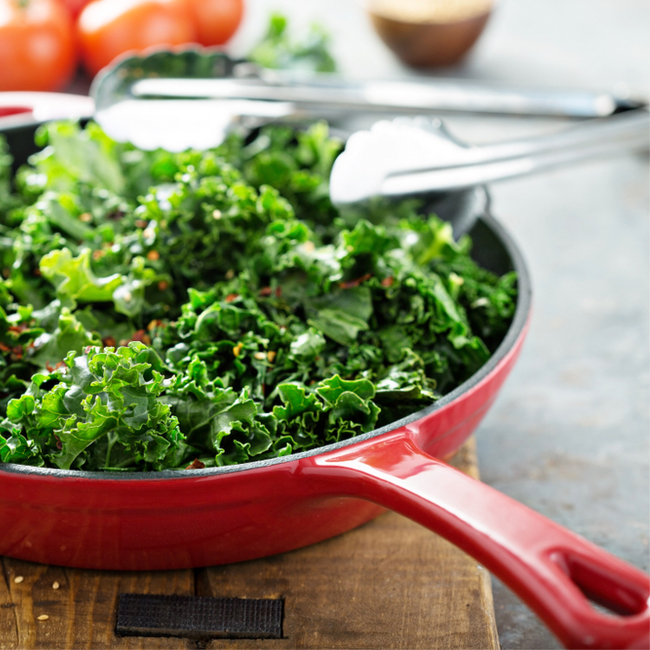
So, Should You Avoid These Veggies Entirely?
While cruciferous vegetables can be linked to bloating, experts don't recommend *completely* removing them from your diet, as Cowin says that they're still so high in nutrients and low in calories. "The key here is to keep your portions in check to help your digestive system adjust to them over time," says Cowin. This means starting out with small servings and then slowly increasing every time until your body gets used to them.
"Another way to effectively introduce them to your diet is by sautéing, roasting, or steaming them," Cowin continues, noting that cooking them can "help soften or break down the fiber," making them easier to chew and digest. For more information and to learn more about why you might be experiencing frequent bloating, experts recommend seeing a doctor about your condition as soon as you can.



